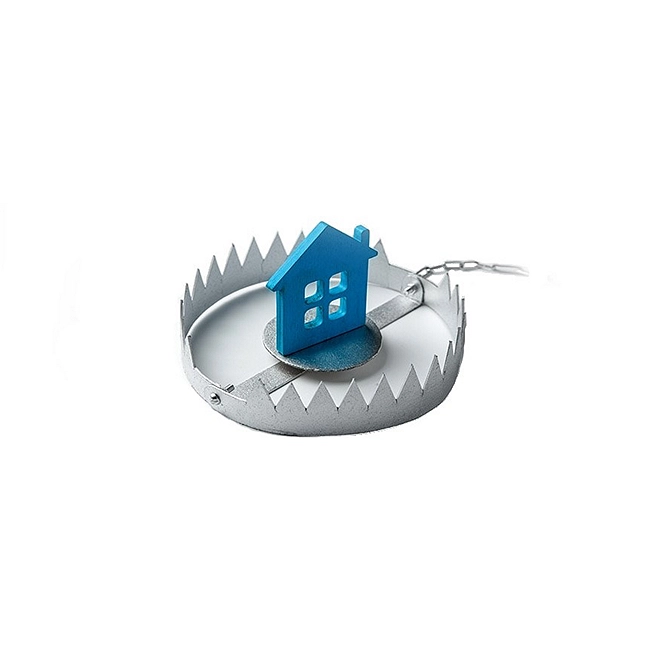Physical or virtual Christmas celebrations: what employers need to remember
Tax Alert - December 2021
By Amy Sexton & Anna Zhang
Christmas is fast approaching, and the welcome move to the new COVID-19 Protection Framework with its relaxing on the gathering rules may encourage some employers to reconsider their plans and gather with their employees for a long-awaited (and needed) celebration. Others perhaps are thinking of holding a virtual Christmas Party or sending gifts to their working from home employees. It is great that we can start planning these festive celebrations again but is also important to consider the tax rules for these festivities, especially for employers planning a non-traditional celebration.
Entertainment vs FBT vs PAYE
Benefits provided to employees during Christmas time by employers will generally trigger one of three tax regimes: the entertainment regime, the fringe benefit tax (FBT) regime, or the PAYE regime. The common characteristics of each of these regimes are summarised in the table below to help you identify which rules you may need to apply, and the associated tax implications you need to be aware of.
Tax regime |
Benefit characteristics |
Tax implications |
|---|---|---|
Entertainment |
|
|
FBT
|
|
|
PAYE
|
|
|
Examples
Let’s consider some examples appropriate for 2021, starting with a traditional Christmas party, followed by a few celebration ideas for the COVID-19 working from home era.
Please don’t hesitate in contacting your usual Deloitte advisor to discuss any queries you may have further.
December 2021 Tax Alerts
- Clough v Commissioner of Taxation: A Lesson in Poor Execution
- Physical or virtual Christmas celebrations: what employers need to remember
- Extreme tax powers could be used for almost anything
- Will Technical Decision Summaries help with Inland Revenue decision making transparency?
- The false economy of working quickly
- Snapshot of recent developments




